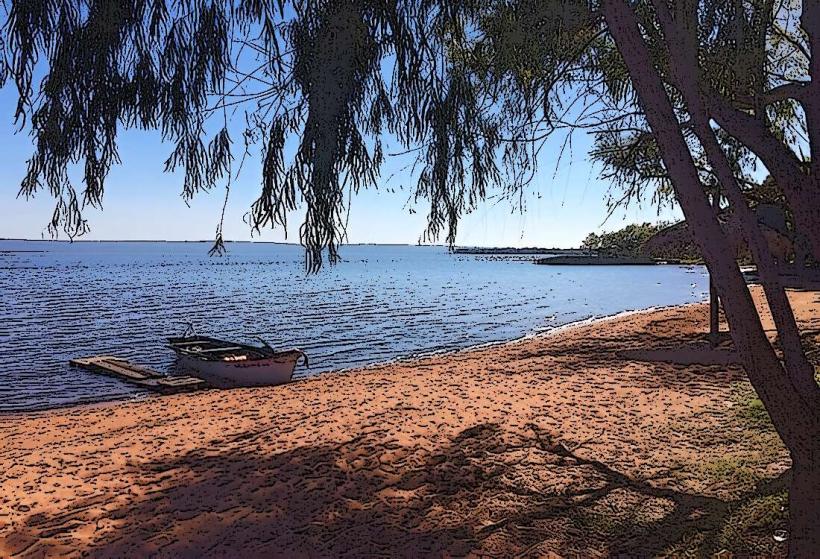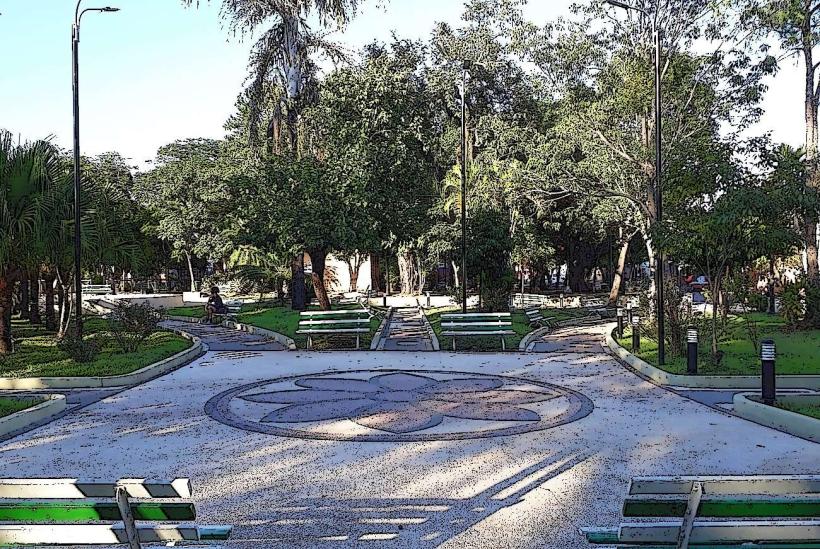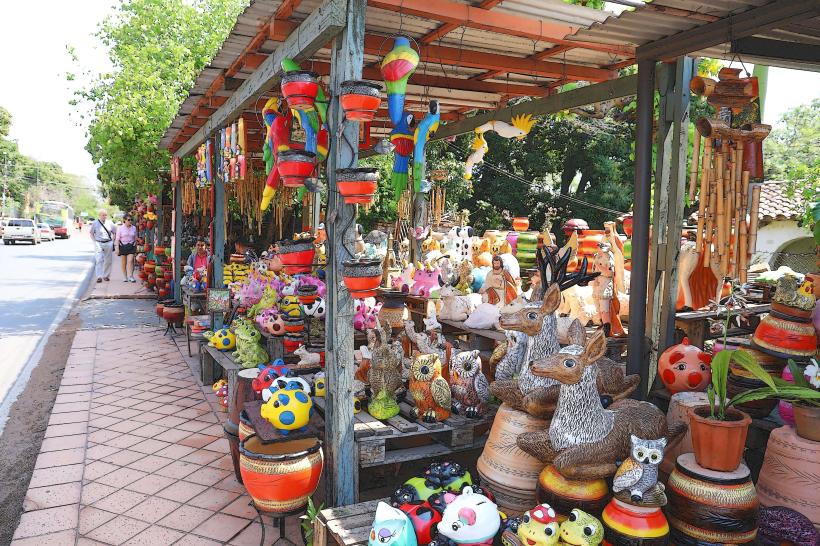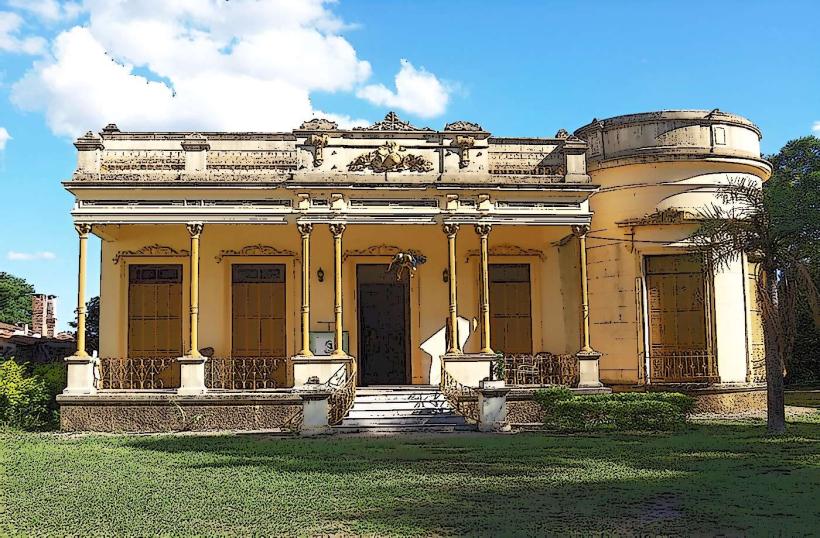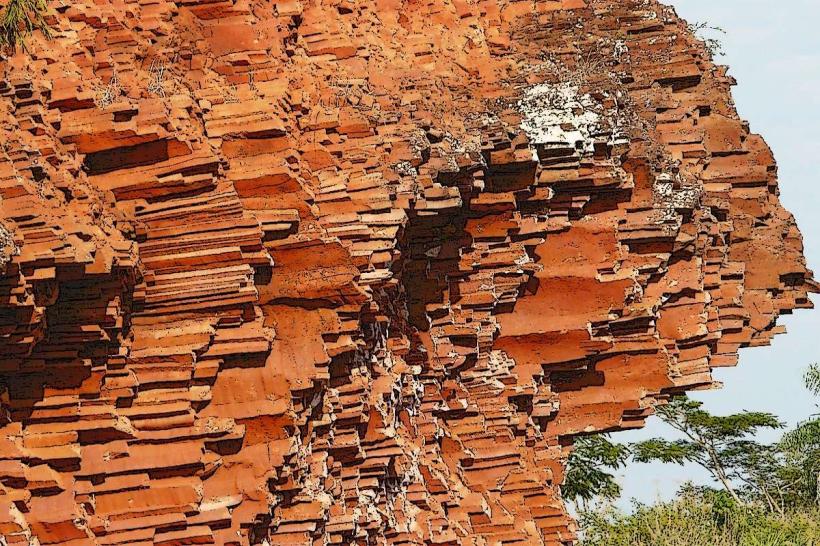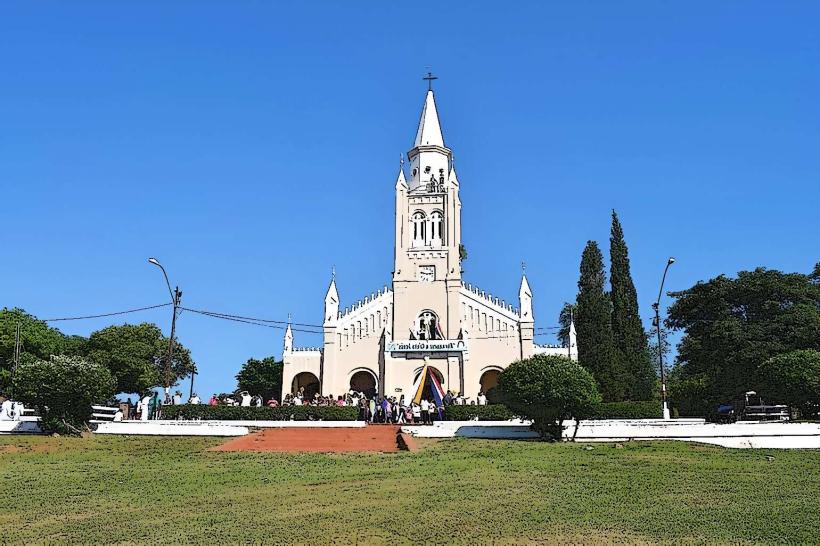Information
City: AreguaCountry: Paraguay
Continent: South America
Aregua, Paraguay, South America
Areguá serves as the capital of the Central Department and is designated as the "City of Strawberries and Ceramics." Located 28 km east of Asunción on the shores of Lake Ypacaraí, it functions as a major cultural and artistic hub, noted for its well-preserved Spanish colonial architecture.
Historical Timeline
Founded in 1538 by Domingo Martínez de Irala on the site of a Carios indigenous settlement. By the late 19th century, the arrival of the railway transformed Areguá into a summer retreat for Asunción's elite, who built European-style villas overlooking the lake. It was designated a UNESCO Creative City in 2019 for its crafts and folk arts.
Demographics & Population
The district population is approximately 83,000 as of 2026. The demographic is a blend of traditional ceramic artisans, strawberry farmers, and a growing community of artists and intellectuals from the capital seeking a quieter environment.
Urban Layout & Key Districts
Historic Center (Casco Histórico): A protected zone featuring cobblestone streets, art galleries, and 19th-century mansions.
Avenida del Lago: The main thoroughfare connecting the hilltop church to the lake, lined with pottery stalls and eateries.
Lakefront (Costa del Lago): The recreational area along Lake Ypacaraí, primary for sunset viewing.
Estación District: The area surrounding the old railway station, reflecting the city's 19th-century rail heritage.
Top City Landmarks
Church of the Virgin of Candelaria: Situated on a hill, providing a panoramic view of the lake.
Castillo Carlota Palmerola: A castle-like villa declared a National Cultural Heritage site.
Areguá Railway Station: A well-preserved example of 19th-century railway architecture.
Centro Cultural del Lago: A key cultural space hosting local art exhibitions.
Pottery Market: Stretches along the main streets where thousands of ceramic pieces are sold directly from local workshops.
Transportation Network
Road: Accessible from Asunción via the Luque-Areguá or Capiatá-Areguá routes.
Bus: Frequent service from the Asunción Terminal (approx. 1 hour).
Ride-sharing: Bolt and Uber are the most efficient and safe transport methods.
Water: Small boats occasionally connect to San Bernardino across the lake.
Safety & "Red Zones"
Safety Profile: Very high. Areguá is one of the safest tourist destinations in Paraguay.
Red Zones: No specific areas of high risk; standard caution at the municipal beach after dark is sufficient.
Precautions: Water quality in Lake Ypacaraí is frequently poor due to cyanobacteria; swimming is generally discouraged unless official clearance is posted.
Digital & Financial Infrastructure
Average internet speed is 75 Mbps. 5G is available in the historic center. Bancard, QR payments, and Mercado Pago are widely accepted in galleries and restaurants.
Climate & Air Quality
Humid subtropical climate. Temperatures range from 13°C to 23°C in winter and 24°C to 38°C in summer. The lake breeze and high tree density provide better air quality and lower perceived temperatures than Asunción.
Culture & Social Norms
The social calendar is defined by the Strawberry Expo (July–August). Tipping is 10%. A unique social norm is the high value placed on artisanal heritage; haggling excessively at small workshops is often viewed as disrespectful to the craft.
Accommodation Zones
Historic Center: Recommended for boutique hotel stays and immediate access to galleries.
Lakeside Villas: Recommended for groups seeking private rentals and lake views.
Local Cost Index
1 Espresso: 14,000 PYG ($1.90 approx.)
1 Standard Lunch: 55,000 PYG ($7.50)
1 Basket of Strawberries (In season): 20,000 PYG ($2.70)
1 Taxi/Uber (5km): 30,000 PYG ($4.00)
Nearby Day Trips
Cerro Koi & Cerro Chorori: Unique hexagonal sandstone formations found in only three places globally (5 km).
San Bernardino: The primary summer resort town on the opposite shore (25 km by road).
Luque: Famous for its silver filigree jewelry and the CONMEBOL headquarters (15 km).
Facts & Legends
A prominent legend involves the "Enchanted Waters" of the lake, believed to heal emotional pain. A verified historical oddity is that the hexagonal rock formations at Cerro Koi are a rare geological phenomenon shared only with Canada and South Africa. Another fact: the city serves as a primary film location for Paraguayan cinema due to its preserved 19th-century aesthetics.

